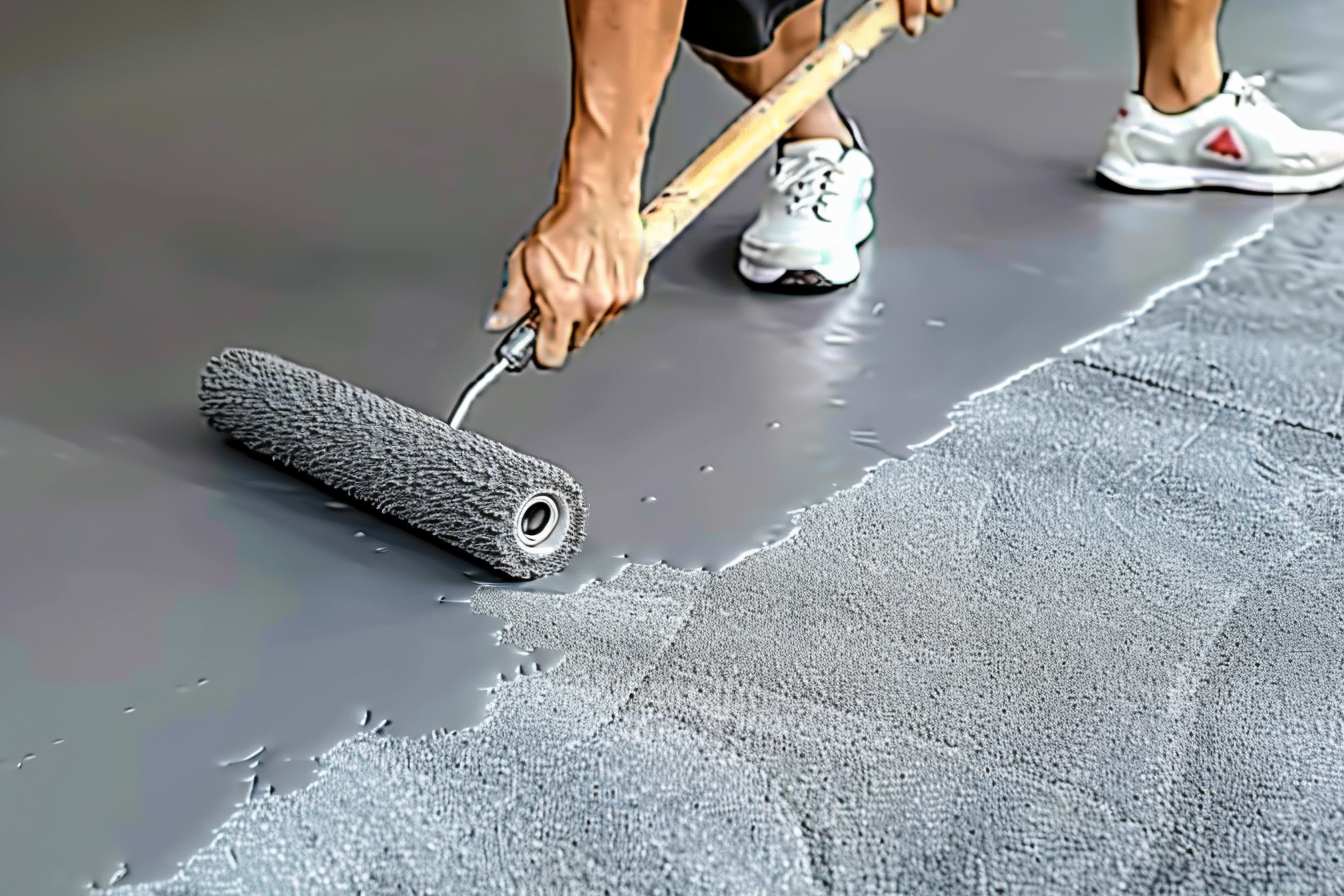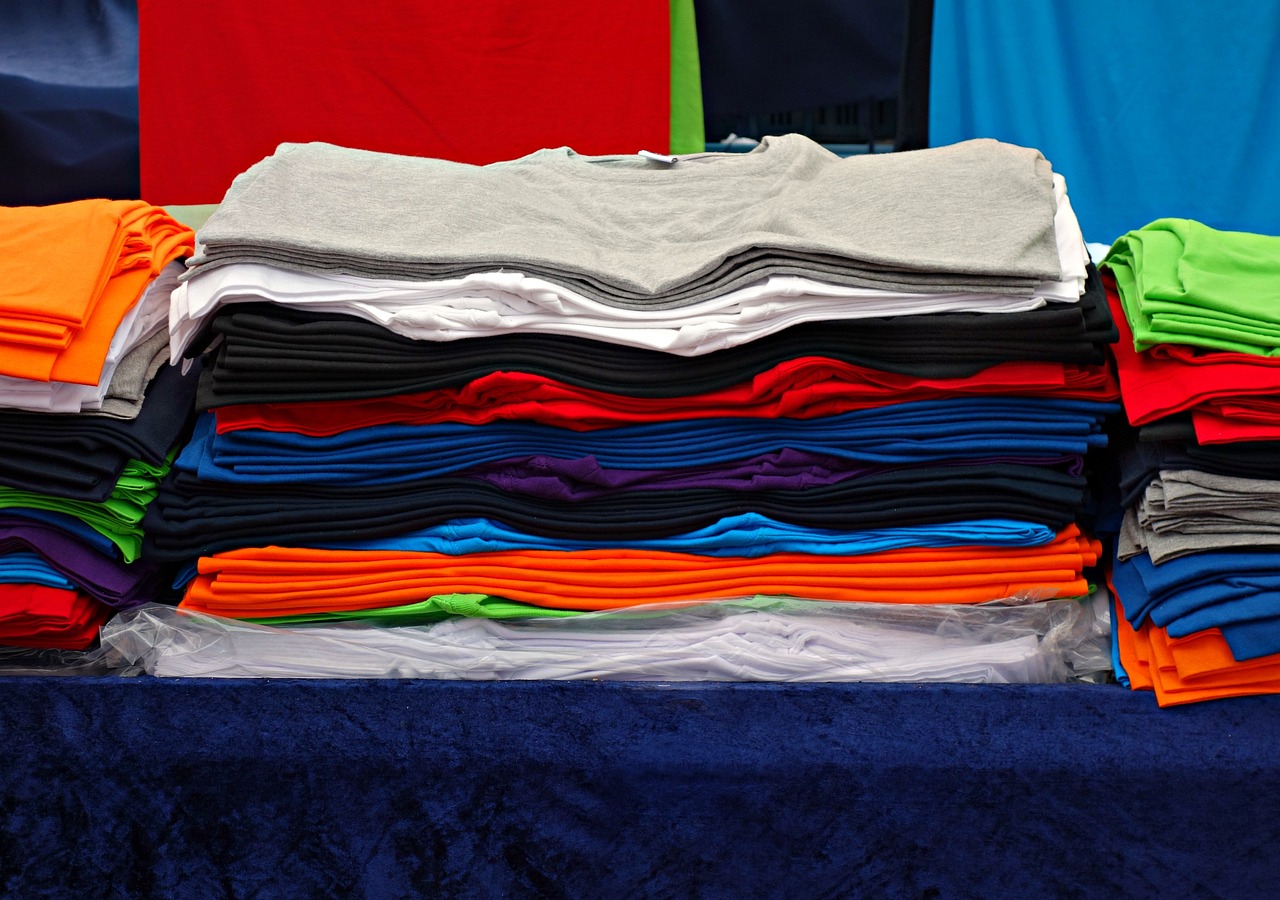A Guide to Garage Floor Coatings: The Pros and Cons
Garage floor coatings provide crucial protection and aesthetic improvements for concrete surfaces, enhancing durability against chemicals and wear. From long-lasting epoxy to UV-resistant polyurethane and rapidly curing polyurea, each type offers unique benefits. While installation challenges exist, informed choices can boost garage value and meet personal style demands effectively.

A Guide to Garage Floor Coatings: The Pros and Cons
Transforming your garage floor from a plain concrete surface into a polished, professional-looking space involves more than just aesthetics. Modern coating solutions provide homeowners with various options to enhance durability, improve appearance, and increase property value. However, like any home improvement project, garage floor coatings come with both advantages and potential drawbacks that deserve thorough examination.
The Advantages of Garage Floor Coatings
Garage floor coatings deliver multiple benefits that extend far beyond visual appeal. These protective layers create a barrier against oil stains, chemical spills, and moisture penetration that typically damage bare concrete. The sealed surface becomes significantly easier to clean, requiring only basic sweeping and occasional mopping to maintain its appearance.
Durability represents another major advantage, as quality coatings can withstand heavy vehicle traffic, dropped tools, and temperature fluctuations without showing wear. Many coatings also provide slip-resistant properties through textured finishes, enhancing safety in wet conditions. The reflective properties of certain coatings can improve lighting efficiency by bouncing more light around the space, reducing the need for additional fixtures.
Challenges Associated with Garage Floor Coatings
Despite their benefits, garage floor coatings present several challenges that homeowners must address. Surface preparation requires extensive work, including thorough cleaning, crack repair, and sometimes acid etching or grinding to ensure proper adhesion. Poor preparation often leads to coating failure, resulting in peeling, bubbling, or premature wear.
Application timing becomes critical, as temperature and humidity conditions must align with manufacturer specifications. Many coatings require multiple days to fully cure, during which the garage remains unusable. Some coating types emit strong odors during application and curing, necessitating proper ventilation and temporary relocation of stored items.
Other Garage Floor Coating Options
Beyond traditional epoxy, several coating alternatives cater to different needs and preferences. Polyurethane coatings offer superior UV resistance and flexibility, making them ideal for garages with significant sunlight exposure. Polyaspartic coatings cure rapidly, often allowing same-day vehicle traffic, though they typically cost more than epoxy alternatives.
Concrete stains provide a decorative option that penetrates the surface rather than forming a topical layer. These stains offer natural-looking color variations but provide minimal protection compared to film-forming coatings. Acrylic sealers represent the most budget-friendly option, though they require more frequent reapplication and offer limited durability.
Choosing the Right Coating for Your Needs
Selecting an appropriate coating depends on multiple factors including budget, intended use, climate conditions, and aesthetic preferences. High-traffic garages used for automotive work benefit from thick, chemical-resistant epoxy systems, while decorative applications might favor stained concrete with a protective topcoat.
Climate considerations play a crucial role, as regions with freeze-thaw cycles require coatings with good flexibility to prevent cracking. Garages in humid areas need coatings with excellent moisture resistance to prevent delamination. Professional consultation can help identify the most suitable option based on specific conditions and requirements.
| Coating Type | Provider | Cost Estimation |
|---|---|---|
| Epoxy Coating | Rust-Oleum EpoxyShield | $50-$150 per 400 sq ft |
| Polyurethane | Behr Premium | $75-$200 per 400 sq ft |
| Polyaspartic | Garage Floor Coating | $300-$800 per 400 sq ft |
| Concrete Stain | QUIKRETE | $25-$75 per 400 sq ft |
| Professional Installation | Local contractors | $3-$12 per sq ft |
Prices, rates, or cost estimates mentioned in this article are based on the latest available information but may change over time. Independent research is advised before making financial decisions.
Why You Should Learn More About Garage Floor Coatings Today
Educating yourself about garage floor coatings empowers you to make informed decisions that align with your specific needs and circumstances. Understanding the various options, application requirements, and long-term maintenance helps prevent costly mistakes and ensures satisfactory results.
The garage floor coating industry continues evolving, with new formulations and application techniques emerging regularly. Staying informed about these developments allows you to take advantage of improved products and methods that might better serve your requirements. Additionally, understanding the coating process helps you evaluate contractor proposals and ensure quality workmanship if you choose professional installation.
Garage floor coatings represent a significant investment in your property that can provide years of enhanced functionality and appearance when properly selected and applied. Taking time to research options, understand the process, and plan accordingly sets the foundation for a successful project that meets your expectations and budget constraints.




